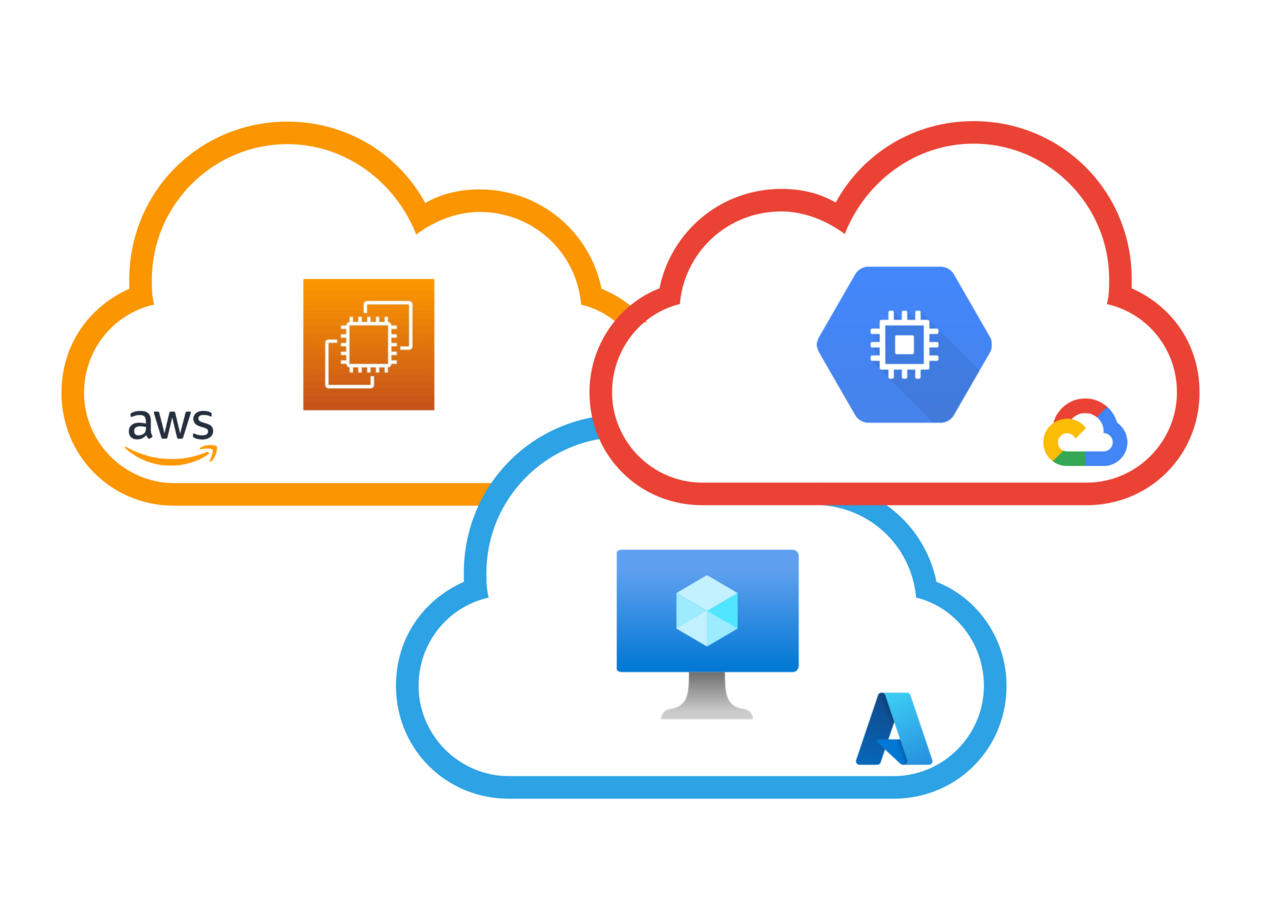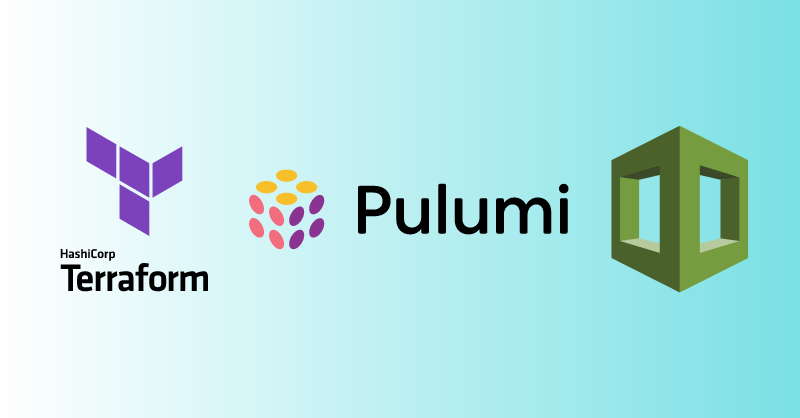Introduction
In this tutorial, we'll deploy a simple web app to the cloud of your choice - composed of a database and a virtual machine where the frontend code will run. So that the configuration is reusable and consistent, we'll write it in Terraform.
Usually Terraform configurations are cloud-specific, and changing clouds requires a complete rewrite. In this case, so that you can reuse the same configuration across clouds, we'll be using Multy.
In-depth knowledge of Terraform and Multy is not needed to follow this tutorial. If you want to learn more about these tools, check out the Multy documentation and the Terraform documentation.



